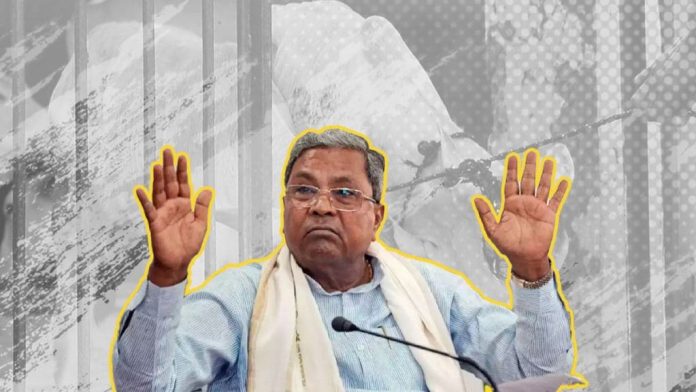– Mohammed Atherulla Shariff
Bengaluru, March 20: In a major policy decision, the Congress government in Karnataka has decided to scrap the requirement for minority educational institutions to enroll a fixed percentage of students of that particular minority religion for whose welfare they are established. Instead, if the majority of the members of management committee of the institution is from minority community, it suffices.
It was Chief Minister’s political secretary Naseer Ahmed, an MLC, who had petitioned the government in December last year to relax the criteria on declaring educational institutions as ‘religious minority institutions’.
Around 3,000 aided and private religious and linguistic minority schools in the state were facing challenges in meeting the criteria.
On March 16, the Department of Minority Welfare issued an order doing away with the clause requiring educational institutions to admit a fixed percentage of students from minority communities. This was approved in the Cabinet on March 12.
In its order, the government argued that educational institutions are unable to find enough students from minority religions to comply with the requirement. Citing the 2011 Census, the order pointed out that 96.01 lakh, or 16.28%, of the state’s population belonged to minority religions: 78.94 lakh Muslims, 11.43 lakh Christians, 4.4 lakh Jains, 95,000 Buddhists, 28,000 Sikhs and 1,100 Parsis. “Because the population of Muslims, Christians, Sikhs, Jains, Buddhists and Parsis is low, finding the required percentage of students for the declaration of religious minority educational institutions is difficult,” it stated.
Schools seeking minority tag had to provide a 25% quota for students belonging to that particular minority religion. Institutions offering higher education, technical education and skill development had to admit 50% students belonging to the minority religion they cater to.
The March 16 circular quotes the National Commission which notes that the majority of the trustees must be from minority community and the trust deed must mention that the objective of serving the interest of the minority community for the institute to be classified as minority community institution, thereby scrapping the earlier criteria based on minimum number of students.
Secretary (Minority Welfare) Manoj Jain said the order is based on the guidelines laid down by the National Commission for Minority Educational Institutions. Accordingly, the number of students in an institution is not to be considered for giving an institution a ‘minority tag’, he said. He further added: “It will be applicable to existing and newly-established institutions, except medical colleges.”
The Constitution guarantees religious and linguistic minority communities to set up and run their own educational institutions. Also, private minority schools are exempted from providing reservations to children from the economically weaker and disadvantaged sections of society under the Right to Education (RTE) Act.
This has evoked concerns that non-minority students would outnumber minorities in these institutions, defeating the purpose of granting minority status to them. As a state policy, the government required educational institutions seeking the ‘religious minority’ tag to provide a fixed quota for minority students.
Developmental educationist V.P. Niranjanaradhya slammed the government’s move. “This is a clear misuse of Article 30 of the Constitution. The right of minorities to establish and administer educational institutions was provided to them to promote the education of their own communities. The right to ‘administer’ does not include right to maladministration. Abolishing the provision to reserve minimum seats for the children of their communities is a gross violation of the fundamental right,” he said.
Syed Tanvir Ahmed, national secretary of Jamaat-e-Islami Hind’s education wing says minor groups among the minorities other than Muslims were finding it difficult to fulfill the minimum quota from students of their respective communities. As far as Muslims are concerned this issue comes only in professional institutions.




